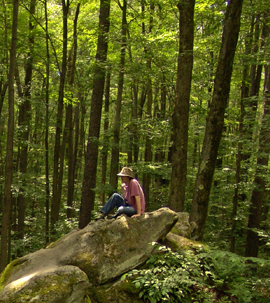
Nature Rx (start time: 9:33): Nature is good for your health. Sounds obvious, but what does science tell us? A walk in the woods can help to calm your nervous system and spark novel ideas, and spending time in nature can reduce symptoms of PTSD or ADHD. Little is actually known about how nature offers healing effects. How much nature is enough, and to do what, exactly? How enduring are the effects? “Nature” isn’t only limited to places like Yellowstone or Rocky Mountain National Park. Nature abounds in some cities, as well. City parks, tree-lined neighborhoods, your own garden — these are slices of nature that can improve your physical and mental well-being. Researchers are measuring the effect of living near trees, for instance, on cardiovascular disease, diabetes and obesity. Today’s show is the first in a series we’ll offer on the connections between nature and human health. It’s called “Nature Rx.”
Our three guests today are working in the nexus between environmental conservation and human health, to make cities part of the solution: Dr. Ted Smith, director of the Center of Healthy Air, Water and Soil, at the University of Louisville’s Envirome Institute; Christopher Hawkins, Urban Conservation Program Manager at The Nature Conservancy; Janette Heung, principal and owner of JWG Global, a management consulting and research think tank in Colorado focusing on environmental conservation and public health. Read more in the Colorado Outdoor Rx report and the UN Environment Programme report on air pollution.
Hosts: Susan Moran, Joel Parker
Producer and Engineer: Joel Parker
Executive Producer: Susan Moran
Contributors: Beth Bennett, Shelley Schlender
Listen to the show here:
Podcast: Play in new window | Download (Duration: 28:20 — 25.9MB)
Subscribe: RSS




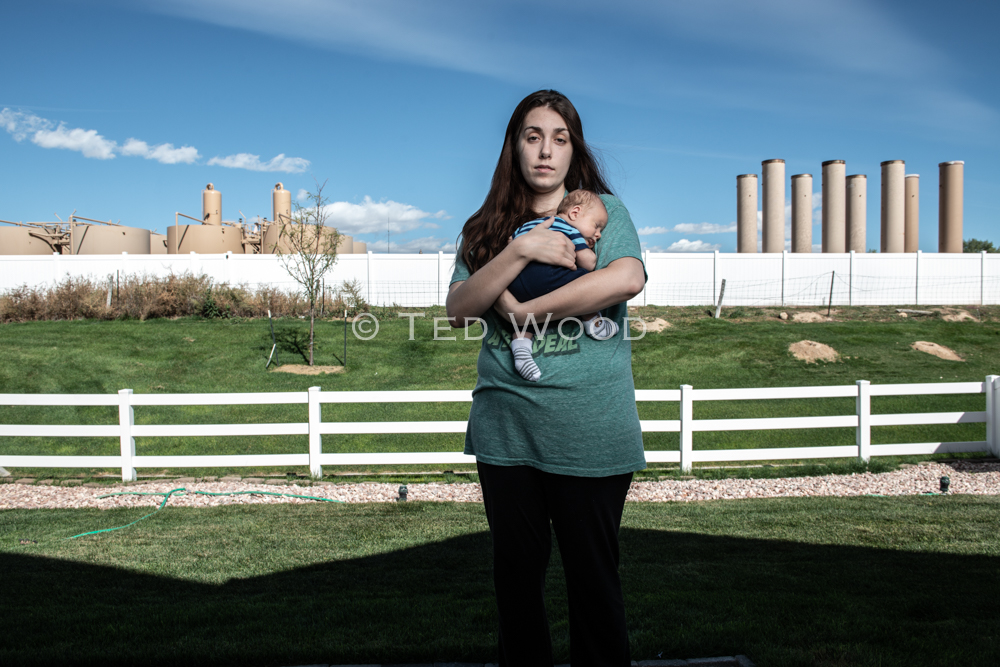
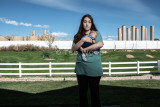
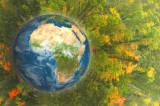 Healthy Planet+Healthy Humans? (start time: 14:46)
Healthy Planet+Healthy Humans? (start time: 14:46) 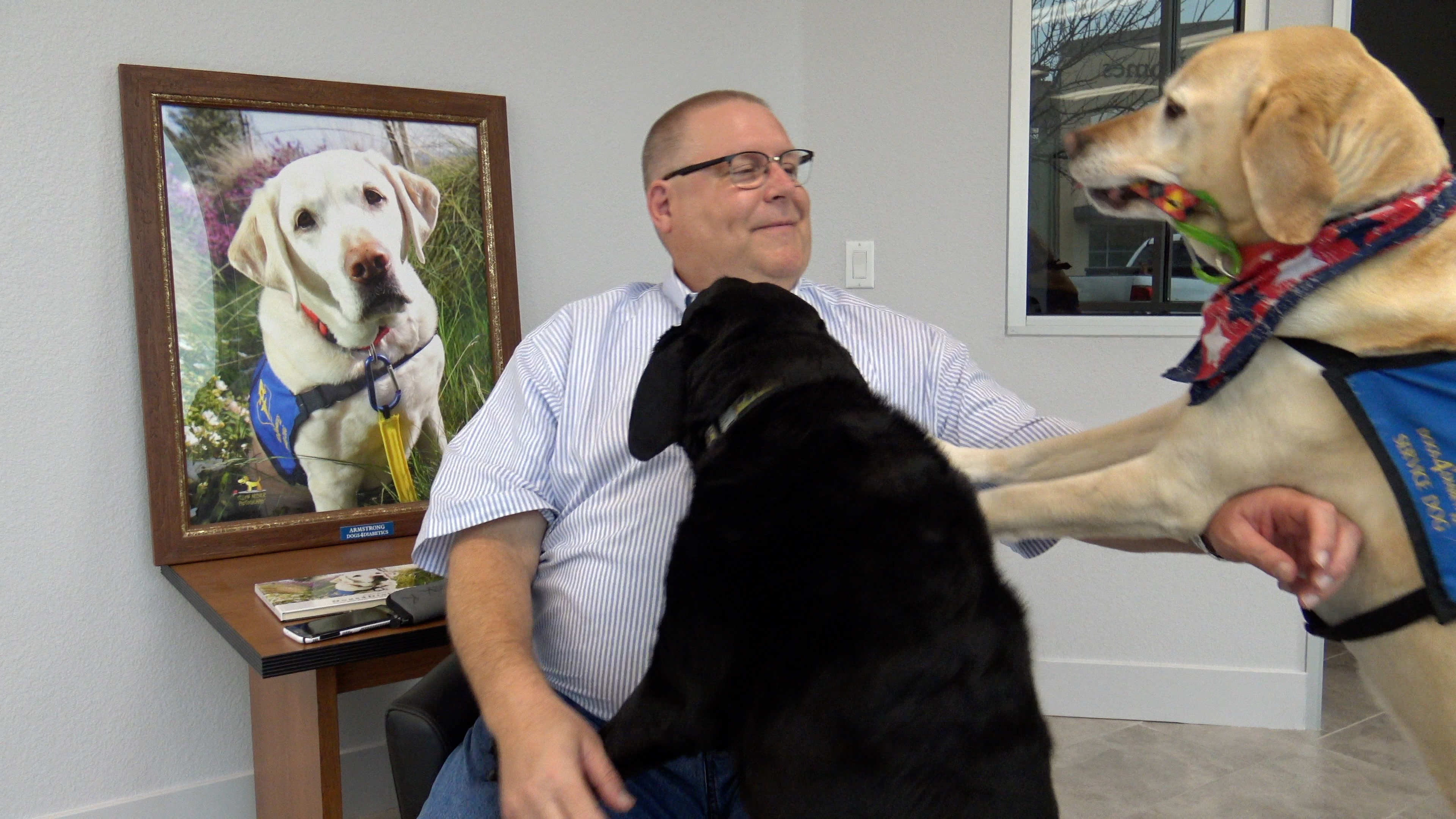
 Dogs have an incredible sense of smell – it’s so good, people can train dogs to sniff our everything from illegal drugs and explosives to lost people and even computer “thumbnail” drives, that maybe someone is trying to sneak into a high security building so they can sneak out information. So how about dogs sniffing for something life-saving, such as a dangerous drop in blood sugars for an insulin-injecting diabetic? For a healthy person, the amount of sugar in the entire bloodstream at anytime is roughly 1 teaspoon. One teaspoon of sugar in around 5 liters of blood. That’s it. For most people, the body’s own insulin production keeps blood sugars in a relatively healthy range, with the pancreas adjusting insulin levels in miniscule amounts to keep blood sugars in balance. For a diabetic who injects insulin, the injection itself can end up putting too much or too little insulin into the body, and this is especially dangerous when it forces blood sugar levels to go far lower than they normally would. Modern technology is reducing the risk, somewhat, through continuous blood glucose monitoring devices. But even these have a lag time, and since sometimes a diabetics blood sugar levels can change dramatically in just 30 minutes, there’s still risk. But now, there are new “blood sugar monitors”. They don’t require batteries. They’re very friendly, they have incredible noses, and they even come equipped with wagging tails. In today’s edition of How on Earth, we talk about “Dogs for Diabetics”.
Dogs have an incredible sense of smell – it’s so good, people can train dogs to sniff our everything from illegal drugs and explosives to lost people and even computer “thumbnail” drives, that maybe someone is trying to sneak into a high security building so they can sneak out information. So how about dogs sniffing for something life-saving, such as a dangerous drop in blood sugars for an insulin-injecting diabetic? For a healthy person, the amount of sugar in the entire bloodstream at anytime is roughly 1 teaspoon. One teaspoon of sugar in around 5 liters of blood. That’s it. For most people, the body’s own insulin production keeps blood sugars in a relatively healthy range, with the pancreas adjusting insulin levels in miniscule amounts to keep blood sugars in balance. For a diabetic who injects insulin, the injection itself can end up putting too much or too little insulin into the body, and this is especially dangerous when it forces blood sugar levels to go far lower than they normally would. Modern technology is reducing the risk, somewhat, through continuous blood glucose monitoring devices. But even these have a lag time, and since sometimes a diabetics blood sugar levels can change dramatically in just 30 minutes, there’s still risk. But now, there are new “blood sugar monitors”. They don’t require batteries. They’re very friendly, they have incredible noses, and they even come equipped with wagging tails. In today’s edition of How on Earth, we talk about “Dogs for Diabetics”.


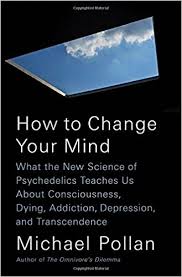
 We present another part of our interview with
We present another part of our interview with 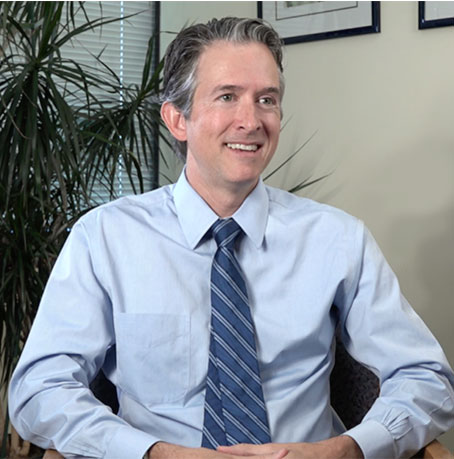 We also talk with Boulder Psychiatrist Dr. Will Van Derveer, who leads the
We also talk with Boulder Psychiatrist Dr. Will Van Derveer, who leads the 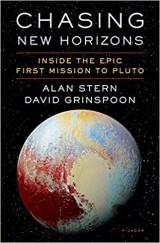
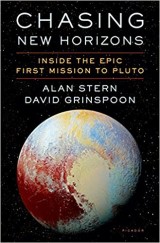 In 2015, the New Horizons Spacecraft flew past Pluto. Because Pluto is so far away, it took nearly 10 years of travel for the spacecraft to reach that distant dwarf planet — and that was after a decade of work to get the spacecraft to the launch pad. Planetary scientists Alan Stern and David Grinspoon have written a new book, called: “Chasing New Horizons: Inside the Epic First Mission to Pluto”. The book tells the story of developing and operating the New Horizon mission.
In 2015, the New Horizons Spacecraft flew past Pluto. Because Pluto is so far away, it took nearly 10 years of travel for the spacecraft to reach that distant dwarf planet — and that was after a decade of work to get the spacecraft to the launch pad. Planetary scientists Alan Stern and David Grinspoon have written a new book, called: “Chasing New Horizons: Inside the Epic First Mission to Pluto”. The book tells the story of developing and operating the New Horizon mission.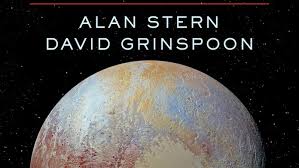
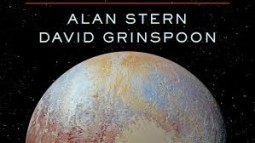
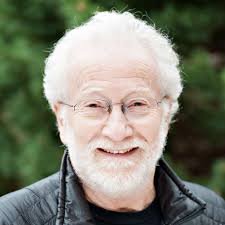

 Here we provide the full interview by How on Earth’s Joel Parker of planetary scientists Dr. Alan Stern (
Here we provide the full interview by How on Earth’s Joel Parker of planetary scientists Dr. Alan Stern (
 With graduation season is upon us, today’s edition of How on Earth is the second of a two-part annual “Graduation Special”. Our guests in the studio today are scientists who will receive their Ph.D. in a STEM-related field. They talk about their thesis research, their grad school experiences, and what they have planned next.
With graduation season is upon us, today’s edition of How on Earth is the second of a two-part annual “Graduation Special”. Our guests in the studio today are scientists who will receive their Ph.D. in a STEM-related field. They talk about their thesis research, their grad school experiences, and what they have planned next.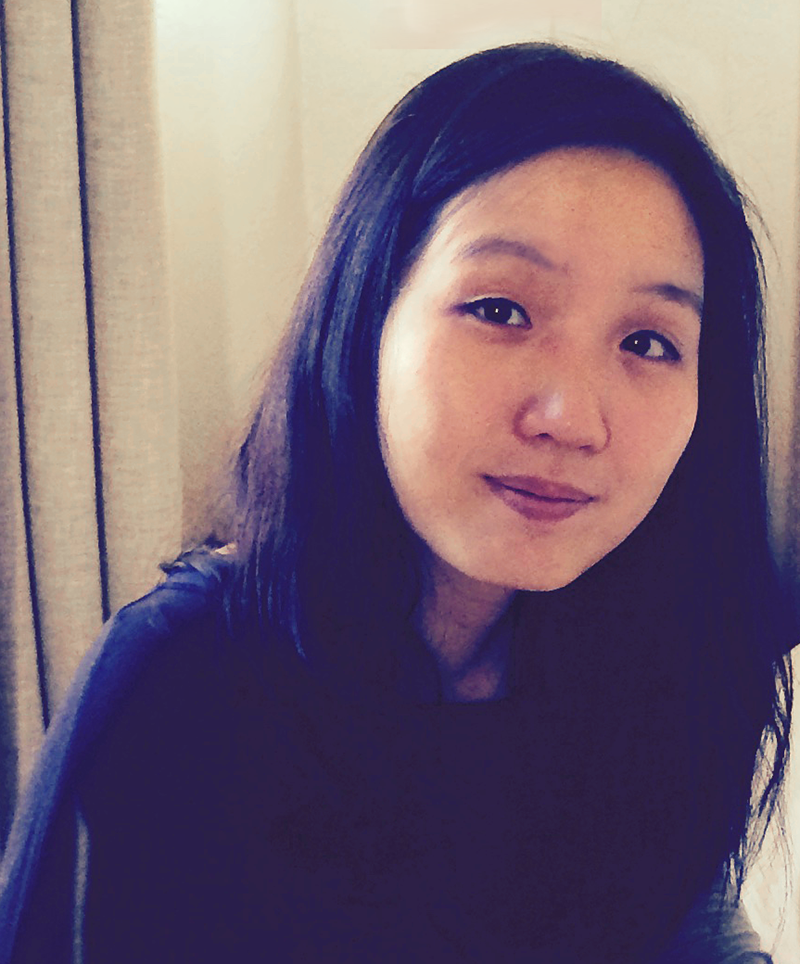 HyunJoo Oh – CU Boulder,
HyunJoo Oh – CU Boulder, 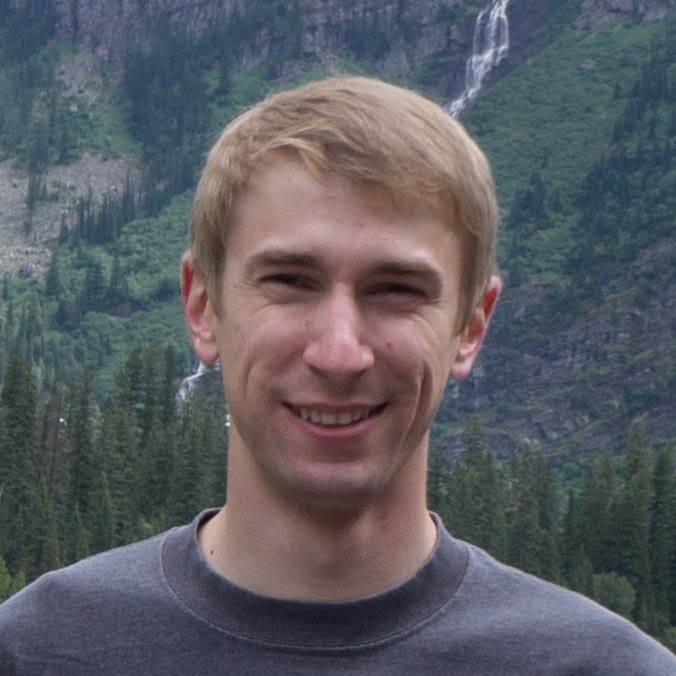 Nathan Parrish – CU Boulder,
Nathan Parrish – CU Boulder,  Diana Perry – Stockholm University,
Diana Perry – Stockholm University, 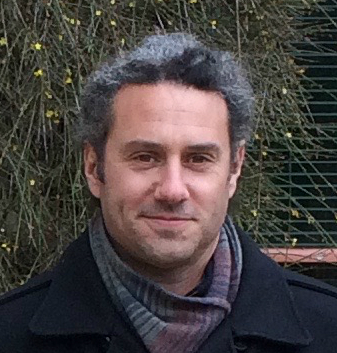 Oliver Paine
Oliver Paine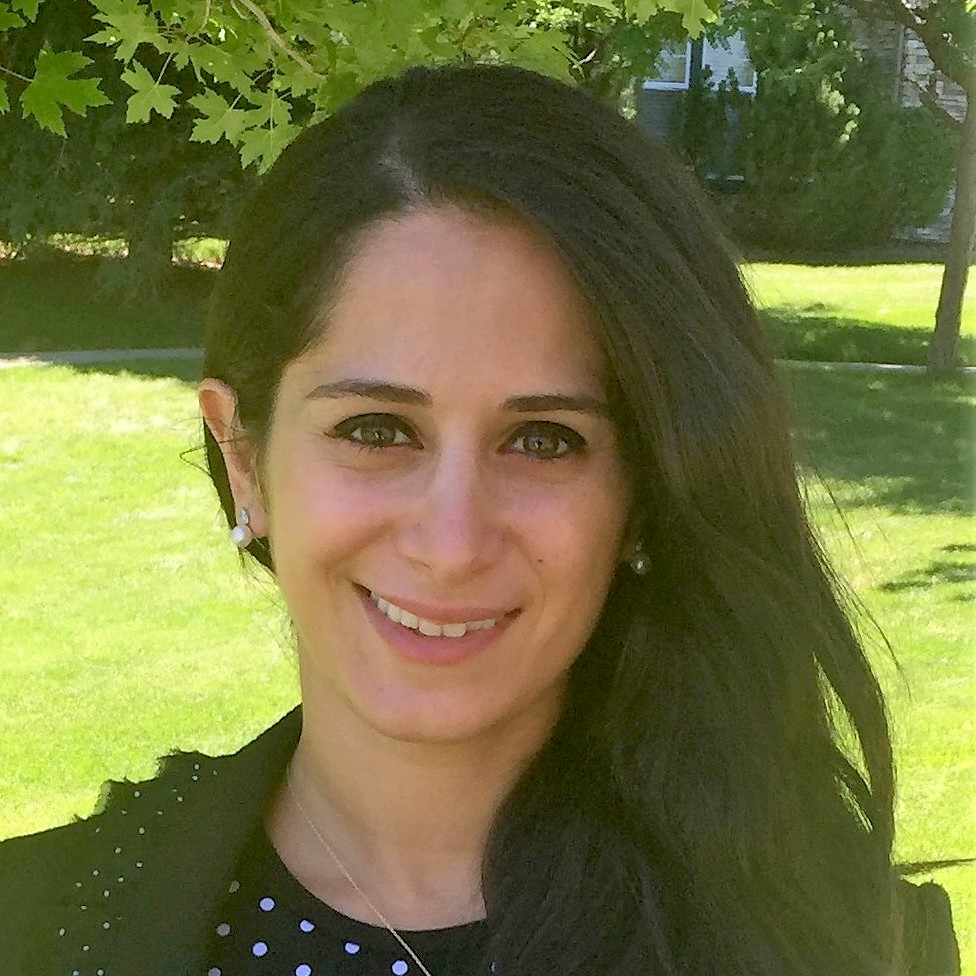 Diba Mani
Diba Mani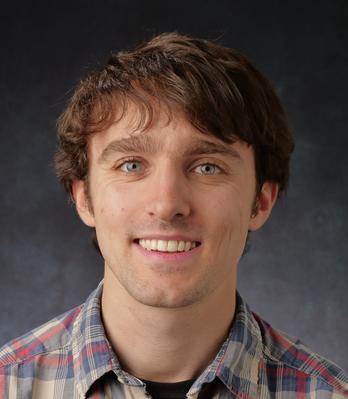 John Nardini
John Nardini